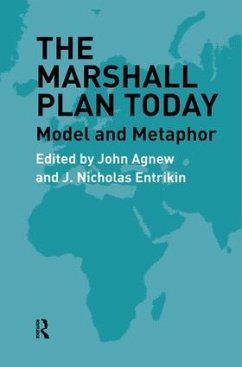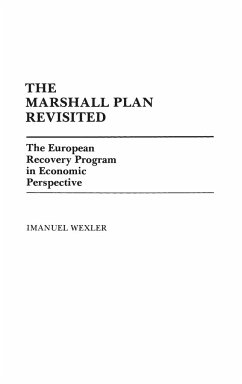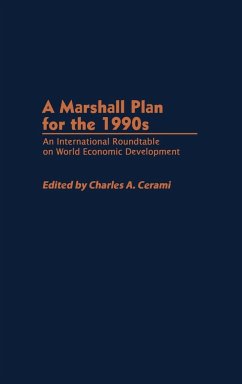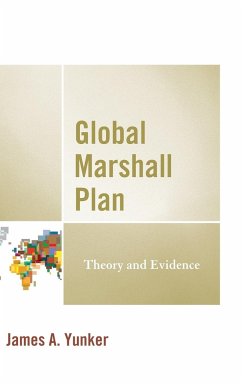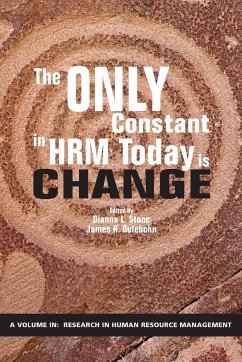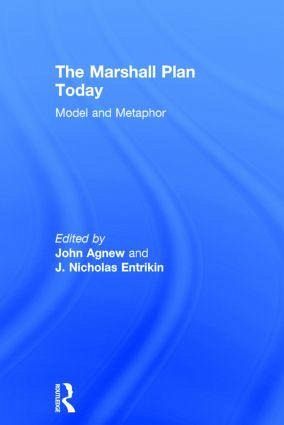
The Marshall Plan Today
Model and Metaphor
Herausgeber: Agnew, John; Entrikin, J. Nicholas
Versandkostenfrei!
Versandfertig in 1-2 Wochen
214,99 €
inkl. MwSt.

PAYBACK Punkte
107 °P sammeln!
This volume has as its focus the role of the Marshall Plan as both a force in the transformation of European Economic practices and a stimulus to political integration in Europe. This organizing theme is framed in terms of two other issues that are central to contemporary debates in international political economy and geopolitical studies: the origins and development of the Cold War, and the growing globalisation of the world economy. In relating the Marshall Plan to these issues, this book goes beyond the typical diplomatic history approach to place the Plan in the context of both the politic...
This volume has as its focus the role of the Marshall Plan as both a force in the transformation of European Economic practices and a stimulus to political integration in Europe. This organizing theme is framed in terms of two other issues that are central to contemporary debates in international political economy and geopolitical studies: the origins and development of the Cold War, and the growing globalisation of the world economy. In relating the Marshall Plan to these issues, this book goes beyond the typical diplomatic history approach to place the Plan in the context of both the political economy of late twentieth-century Europe, and the impact of American models of business and government that came with the Plan.





